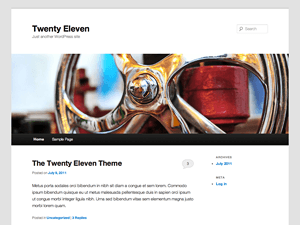Your task here is to consider the following scenario and discuss how you would deal with one or more of the issues arising (numbered below). After your discussion, please summarise your response in the reply box below (remember to cite the number of the issue in your reply).
Scenario:
Your assessment requires a class of 20 students to each create and maintain a journal of a placement experience using blogging software. The assessment is based around the demonstration of reflective practice.
Issues:
- The students start to complain about the assessment, claiming they don’t understand why their journals have to be written via a blog (i.e. what is the value added by the blog versus word processing?)
- Where would you set the privacy levels of the blogs (open to the world; open to the group only; open to the author and staff member only; allow or block comments etc.)?
- Some students complain they are at a disadvantage due to a lack of technical skill and experience. A small number of students are regular bloggers and well versed in embedding multimedia and graphics, making their blogs much more attractive and engaging.
- What criteria do you use for grading the blogs? Is quality or quantity of posts more important? What are the relative weightings for content and style?



